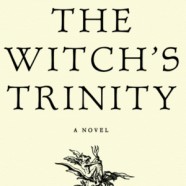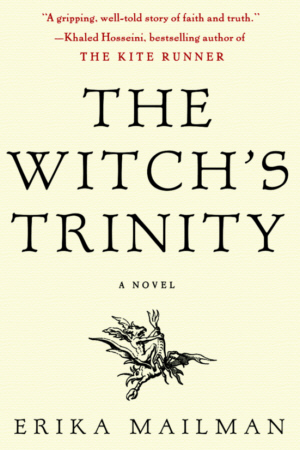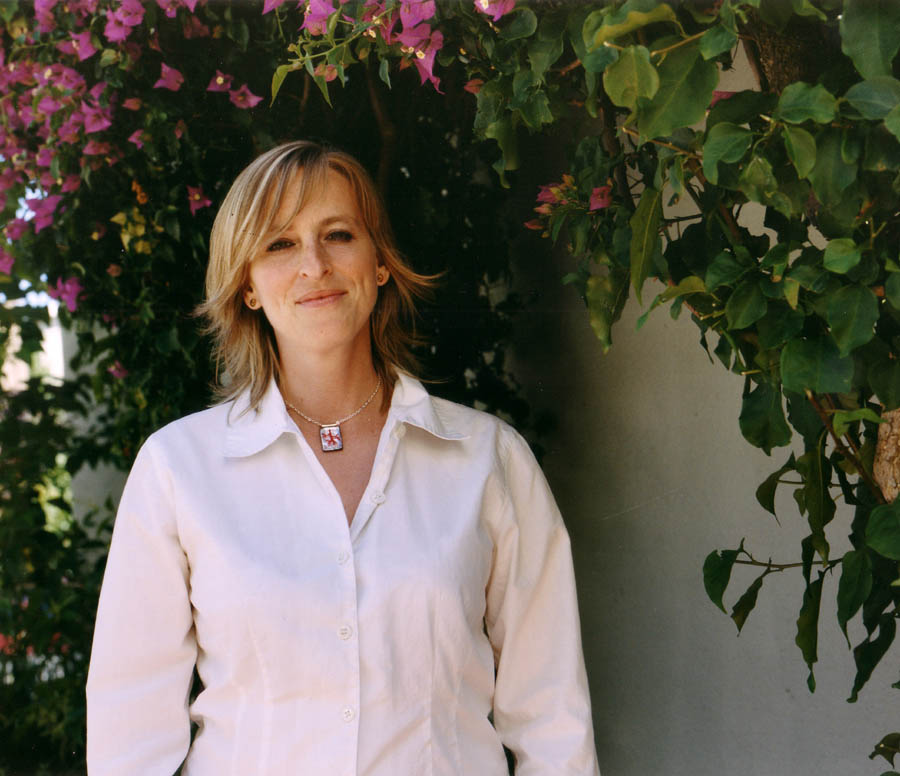

Erika Mailman’s novel, The Witch’s Trinity, is set in a remote German village in 1507. Guede Mueller’s world falls apart when her daughter-in-law accuses her of witchcraft. Guede plunges into a world of frightening visions, not knowing what to believe.
Mary Sharratt: What inspired you write about historical witches?
Erika Mailman: I have long been fascinated by the witchcraft persecutions of the past, both in the U.S. and Europe. I’m not sure why the topic so compelled me, but as a child I read everything I could get my hands on and can still remember a few library books that completely unnerved me. When it came time to write my novel, I withheld my research until I had written the bare bones of the story, and found that what I’d read as a child had stuck with me somehow even though I didn’t consciously realize it–oftentimes, I’d come across a nonfiction witchcraft source that completely mirrored something I thought I’d been inventing.
The most uncanny thing was learning, while in the midst of writing, that I was in fact a descendant of an accused witch, Mary Bliss Parsons of Massachusetts. My family is very proud of its lineage but somehow none of us had known about her, although we knew much about her husband.
Mary Sharratt: What light can historical novelists such as yourself shed on this lost world of superstition and magical beliefs?
Erika Mailman: My hope is that The Witch’s Trinity shows how absurd–and dangerous– the belief in witchcraft is. I’m not talking about modern people who have reclaimed the word “witch” and practice a benign sort of nature worship, but rather the belief in people who have made a pact with the devil to wreak havoc on others. Distressingly, there are still places in the world today where people attack and kill others for being witches, or abandon their young children for the same “crime.” I’ve been horrified and brought to tears by recent news accounts from India, Africa and Papua New Guinea. I’ve blogged about many of these events at Erikamailman.blogspot.com, while my website focuses on my fiction. While I had thought my book looked at an outdated belief mode while casting light on modern-day scapegoatism, it turns out I was really writing about something current. The same sorts of accusations ring out today as they did centuries ago, hitting the themes of hunger, infertility, and the mundane occurrence of random bad luck.




